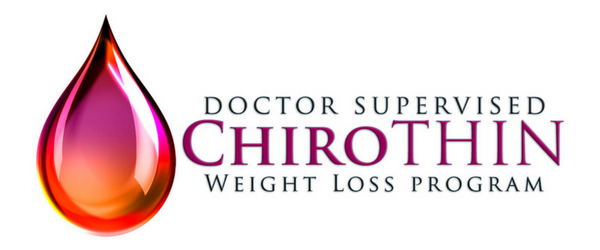
According to the CDC, half of Americans want to lose weight at any given time. However, many adults find it difficult to set health goals due to a variety of factors, including job burnout, eating habits, and preoccupation with children or hobbies.
Are you interested in evaluating your health and fitness goals and changing the way that you pursue them? Here are some tips for how to set a weight loss goal or health goal and work your way towards becoming a better version of yourself.
Make Realistic Dietary Changes
If you want to have long-term success with eating healthier, you should not make drastic changes to your diet all at once. Replacing all of your foods with only healthy options can actually lead you to binge more on junk food later on.
You can also establish other goals besides weight loss goals, you can factor them into your diet plan. For instance, if you want to feel full and have less of an appetite for snacking during the day, try getting in more protein and fiber.
Most importantly, you should treat yourself and let yourself have some of the foods that you love when you make health and fitness changes. Eating these in moderation will prevent you from binging on them and going back to a diet that is mostly unhealthy.
Start Small With Exercise
Exercise is a vital factor not only in losing weight but having better mental health as well. If you exercise on a regular basis, then try to switch it up so that you do not get bored and lose motivation while working towards your weight loss goals.
Many people who want to exercise are new to it, so be sure to start slow so you do not get burnout or injury. Although doing that fasted run in the morning may seem like a good idea to burn more fat, it may be detrimental if you do not have the experience.
Don’t Forget Mental Health
Mental health is equally as important as physical health if you want to set up sustainable health goals. Having a positive mindset and managing mental illness can make a huge difference in how quickly you accomplish your objectives.
Try to make it a habit to focus on your mental health throughout the day. You can do a meditation when you wake up or before you go to bed, or simply keep a journal that you use to gather your thoughts and assess how you feel regularly.
Some lower endurance exercises can also help improve your mental health. For example, ChiroBurst or practicing yoga can actually help with conditions like bipolar disorder, schizophrenia, anxiety, and depression.
Short-Term vs. Long-Term Goals
When you set a health or weight loss goal, you should know whether it is a short-term or a long-term goal. Short-term goals can be something like exercising twice a week or walking for ten minutes every day. These are easy to obtain and can serve as a motivation towards your long-term goals.
Long-term goals can be things like your ideal weight or another milestone that shows your health improvement overall. You can pencil these in and adjust them accordingly based on your progress and how you feel as you accomplish your short-term goals.
You may need to analyze a goal in detail to determine whether it should be a short-term goal or a long-term goal. For example, a target or ideal weight can be a good long-term goal, because your weight can fluctuate on a daily or weekly basis.
SMART Goals
When you write down your goals, you should make sure that they are detailed and specific. An easy method to do this is by using the SMART goal method. SMART stands for:
- specific
- measurable
- attainable
- relevant
- time-based
By making your goals more detailed, you will have a better idea of how you can accomplish them in a designated amount of time. SMART goals have been shown to improve personal development and help you to achieve your goals more quickly.
Reevaluate Your Goals Regularly
When you make goals, you should expect to adjust them according to how you feel and the improvements you make towards accomplishing them. That way, you will not feel disappointed when your long-term goals are coming up and you realize you are unable to meet them.
Adjusting goals can help to improve your mental health as well. You will not have to feel stressed out about getting to a finish line that is actually unattainable. Instead, you can make sure that you have a realistic goal in mind.
Some factors that may come into play when reevaluating your goals include the rate at which you lose weight, dietary habits, and other lifestyle factors. For instance, if you find out you have a health condition that makes it difficult to lose weight, you may want to change your ideal weight.
Expect Setbacks
When you make any health and fitness or weight loss goals, it is important to not expect perfection. If you do not allow yourself to slip up, then you are setting yourself up for failure, which can also lead to a decline in mental health.
When you experience a setback, try to focus on the positives and what you have achieved up to this point. You can take a look at your goals, readjust if necessary, and keep moving forward. You do not need to give up completely and start over.
Set Your Health Goals Today
You do not need to stress out about setting the right health goals in order to achieve your ideal weight or well-being. With these tips and tricks, you can strive to reach your health and fitness goals and still remain happy and positive while doing so.
Are you ready to get started on the path to a healthier you? Click here to find a ChiroThin doctor in your area.
